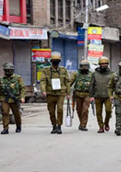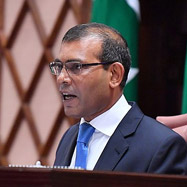Emerging Contours of Security in Jammu and Kashmir
The decline in terrorist incidents and reduction in infiltration from across the border is no doubt a positive development but this alone cannot guarantee peace in Jammu and Kashmir. Strengthening of democratic institutions at the grassroots level is also required.
- Manzoor Ahmad
- February 21, 2022














